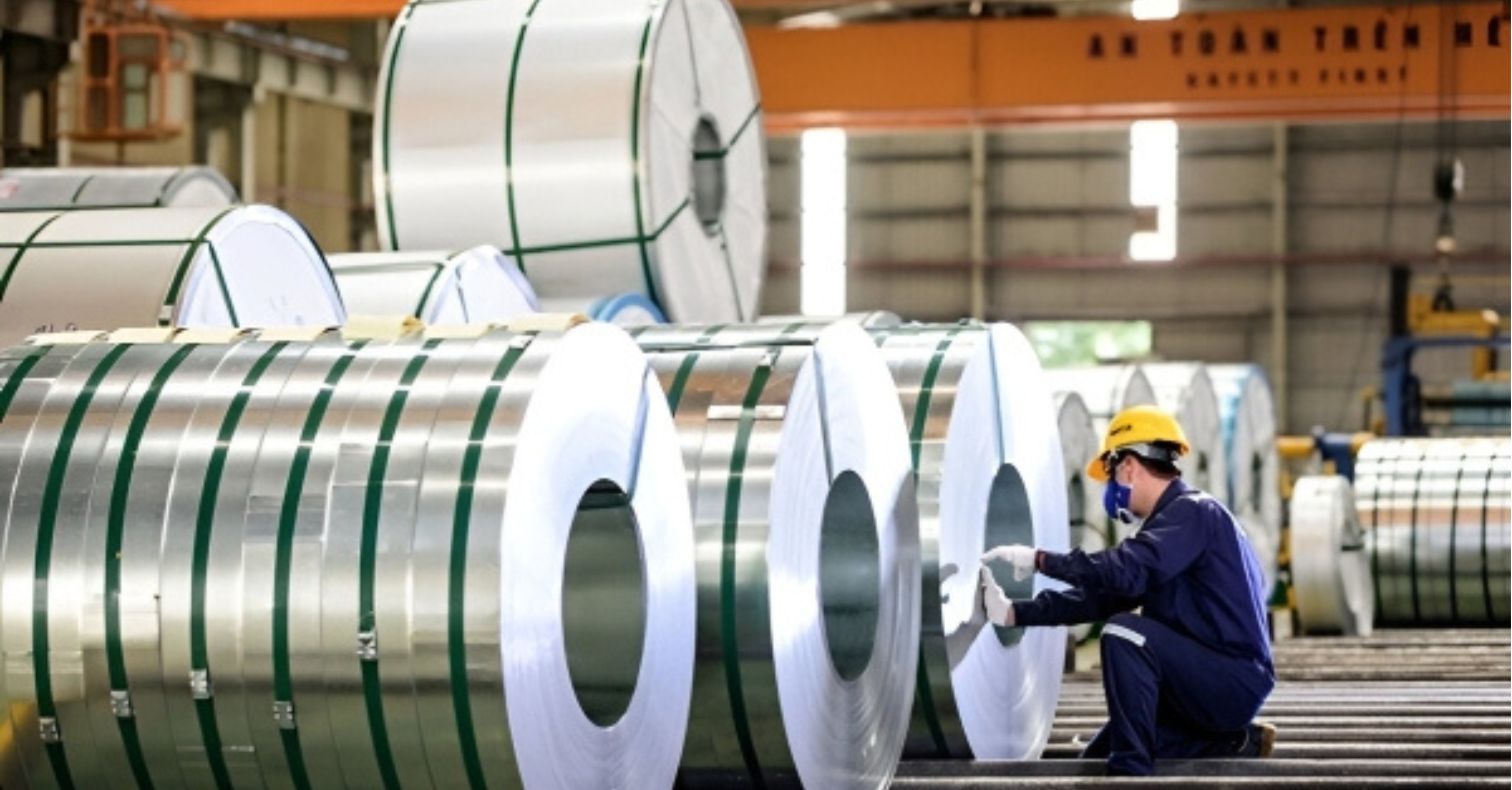India–US Trade Tensions Rise Over Steel and Auto Tariffs NMDC Limited reports a 38% drop in Q4 FY24 consolidated net profit RINL to Raise $23 Million Through Land Sales Amid Crisis

The European Union's implementation of the Carbon Border Adjustment Mechanism (CBAM) poses significant challenges for India's steel industry. CBAM, designed to impose tariffs on carbon-intensive imports like steel and cement, aims to level the playing field between EU producers adhering to strict environmental standards and foreign exporters. This measure could substantially impact Indian steelmakers, as the EU remains a key export destination.
Industry experts predict that CBAM could lead to increased costs for Indian steel exports, potentially reducing their competitiveness in the European market. A report by Wood Mackenzie suggests that the cost of Indian steel exports to the EU could rise by 56% by 2034 due to CBAM.
In response, Indian authorities are engaging in dialogues with EU counterparts to mitigate these impacts. Concurrently, Indian steel producers are exploring strategies to reduce carbon emissions, including adopting cleaner technologies and enhancing energy efficiency, to align with global sustainability standards and maintain their foothold in international markets.
As the global emphasis on environmental responsibility intensifies, India's steel industry faces the dual challenge of adhering to international carbon regulations while sustaining its export competitiveness.
Also Read : PM Modi announces ‘PM Surya Ghar' yojana to promote solar rooftops, investments pegged at ₹75,000 cr UP Budget 2024: FM unveils historic ₹7.36 lakh crore budget